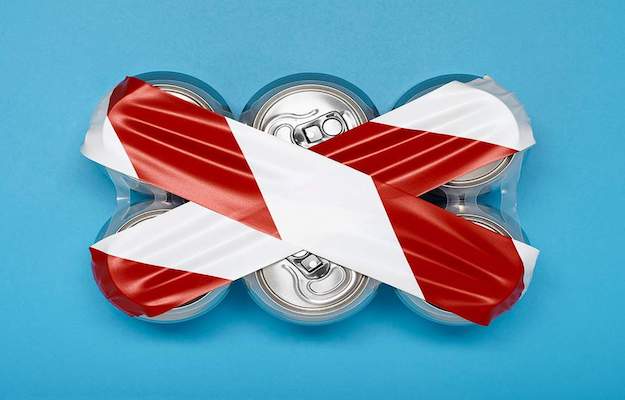Abstinence and reduction in consumption can only be achieved through persistent efforts
New Delhi, September 25, 2018:According to a report by the WHO, the per capita alcohol consumption in India has more than doubled from 2005 to 2016.It has increased from 2.4 litres in 2005 to 5.7 litres in 2016 with 4.2 litres being consumed by men and 1.5 litre by women. The total alcohol per capita consumption (15+ years) is expected to increase in half of the WHO regions by 2025. An increase of 2.2 litres is expected in India alone.
Consumption of alcohol is one of the leading risk factors for health issues in populations worldwide. It has a direct bearing on many health-related targets of the Sustainable Development Goals (SDGs), including those for maternal and child health, infectious diseases (HIV, viral hepatitis, tuberculosis), non-communicable diseases and mental health, injuries and poisonings.
Speaking about this, Padma Shri Awardee, Dr KK Aggarwal, President, HCFI, said, “There is consensus that non-drinkers should not start and the ones who drink can continue provided they do so in moderation and in the absence of contraindications. Those who have been lifelong abstainers cannot be easily compared with moderate or even rare drinkers. Recommending alcohol intake to them even if they would agree to drink is not justified. The diseases that moderate alcohol use prevents (such as coronary heart disease, ischemic stroke, and diabetes) are most prevalent in the elderly, men, and people with coronary heart disease risk factors. For these groups, moderate alcohol use is associated with a substantial mortality benefit relative to abstention or rare drinking. For young to middle-aged adults, especially women, moderate alcohol use increases the risk of the most common causes of death (such as trauma and breast cancer).”
Men can tolerate more alcohol than women. The ideal therapeutic dose of alcohol is around 6 g per day. Medically safe limits are 10 g in one hour, 20 g in a day and 70 g in a week (50% for the women).
Adding further, Dr Aggarwal, who is also the President (Elect), CMAAO, said, “Alcohol should not be taken in pregnancy or people who have strong family history of alcoholism, previous brain hemorrhage, liver or pancreatic disease, and while operating potentially dangerous equipment or machinery.”
Some tips from HCFI to stop or reduce consumption of alcohol.
- Understand why you want to stop and put it in writing. Write what you want to achieve for example will feel healthier; will sleep better, will improve my relationships.For the initial few weeks, keep track of every drink. Note the situations you are most likely to drink in and try avoiding them.
- Those who are cutting back should set a limit as per their health. Most healthy people should limit to less than 40 ml in one hour, 80 ml in one day and less than 240 ml in a week. Women should take less than half of this amount. Even better would be not keep alcohol within your reach. Observe spiritual retreats as this will help you revisit your commitment to not drink.
- Eat your drink. Drinking slowly can help. Sip and do not gulp. Sip soda, water, or juice after each drink. This is called Mindfulness drinking. Never drink on an empty stomach.
- Keep busy. Take a walk, play sports, go out to eat, or catch a movie. When you’re at home, pick up a new hobby or revisit an old one.
- Ask for support. Let friends and family members know that you need their support.Stay away from people and places that make you want to drink. Learn to say no. Do not drink just because others are, and you shouldn’t feel obliged to accept every drink you’re offered. Lastly, be persistent.







